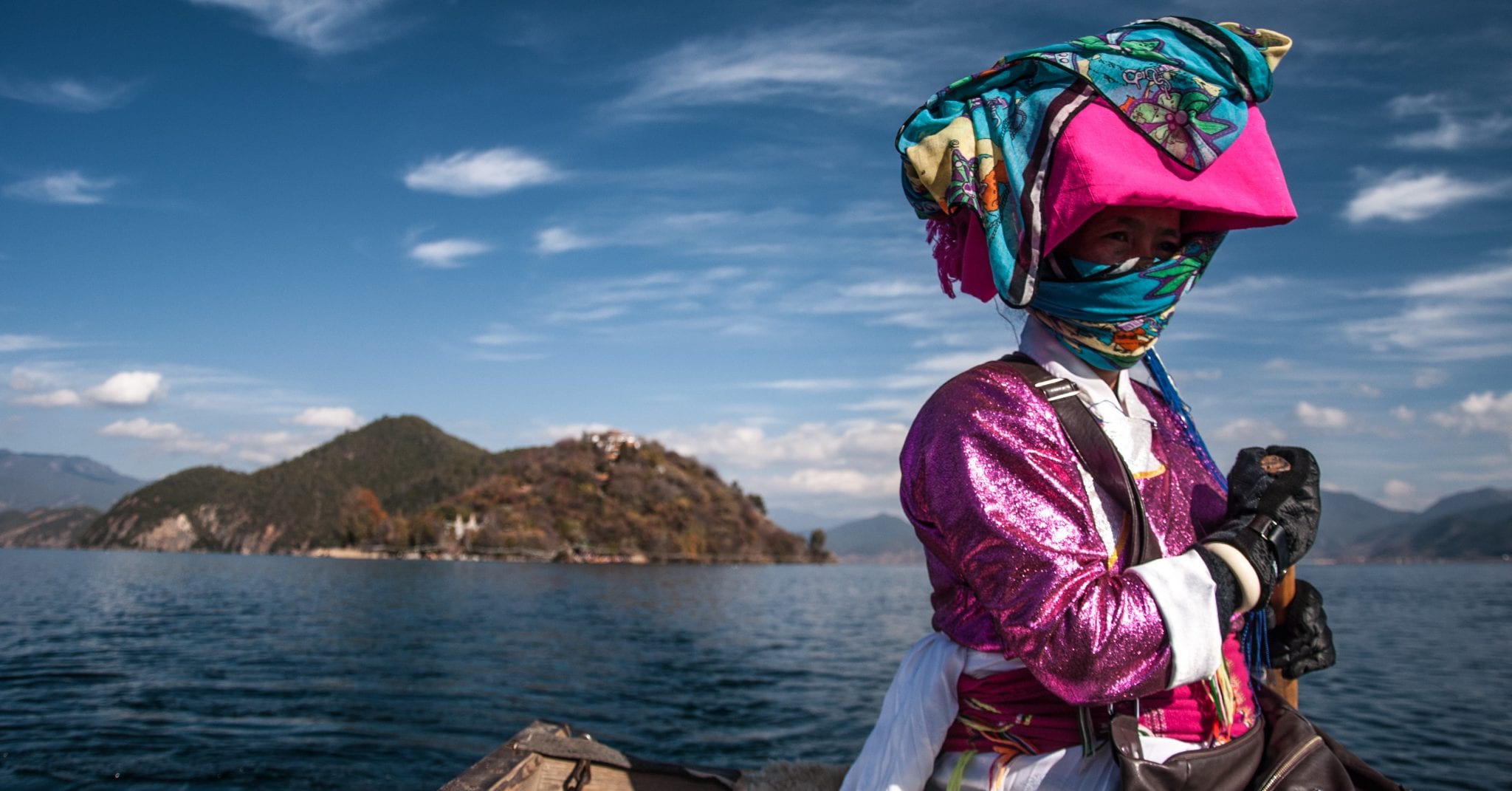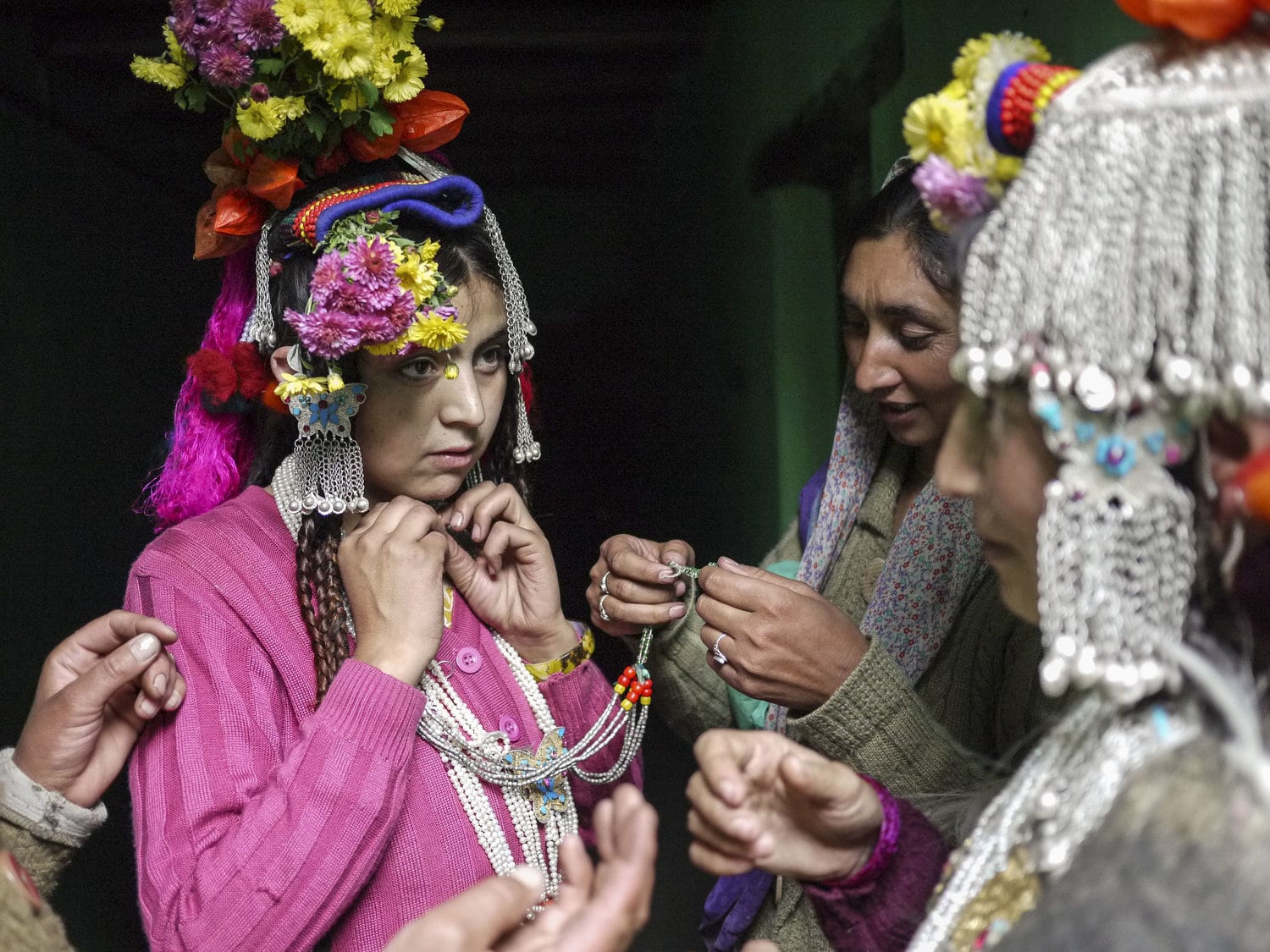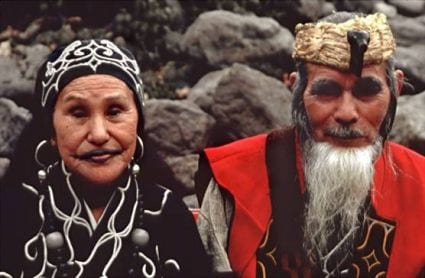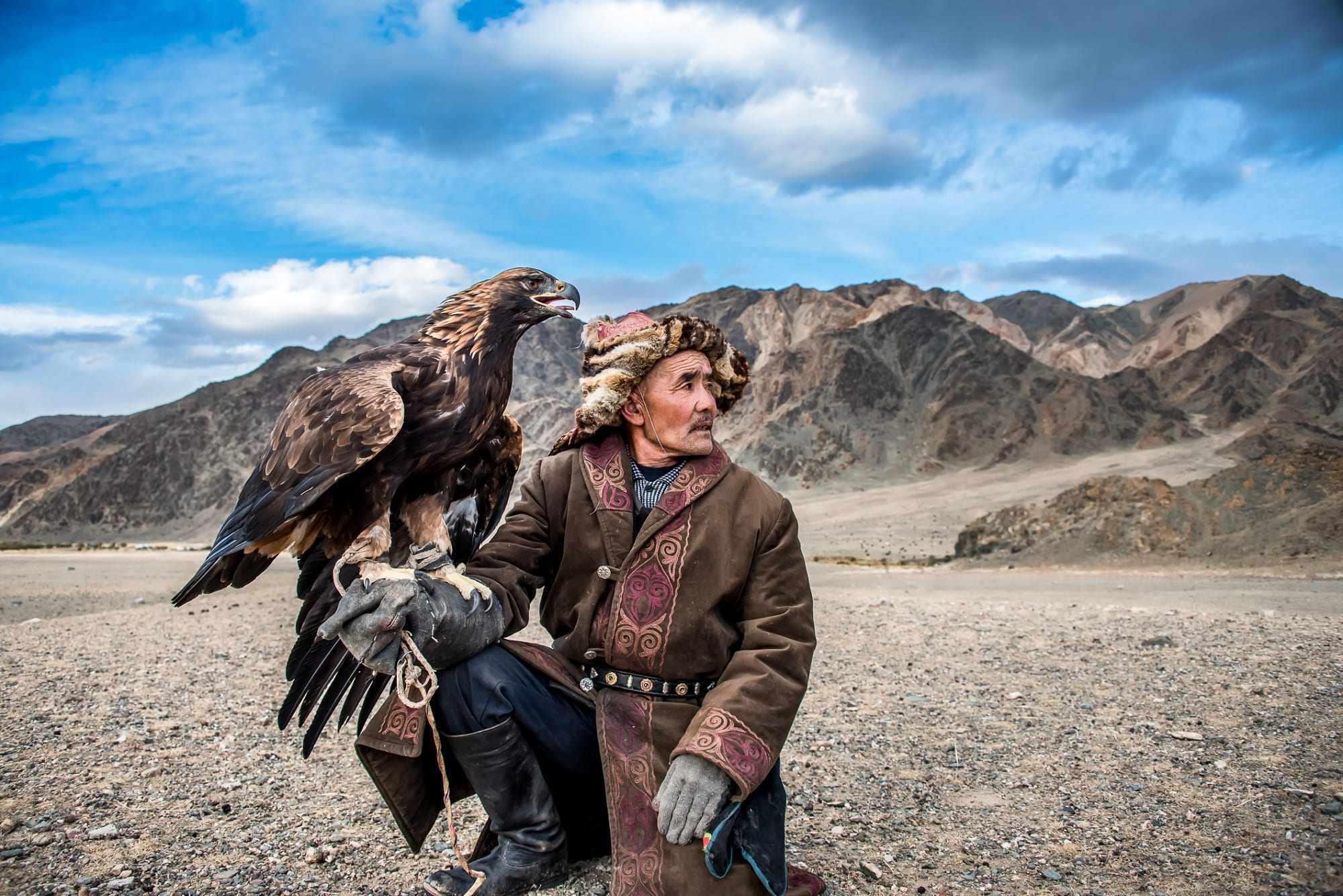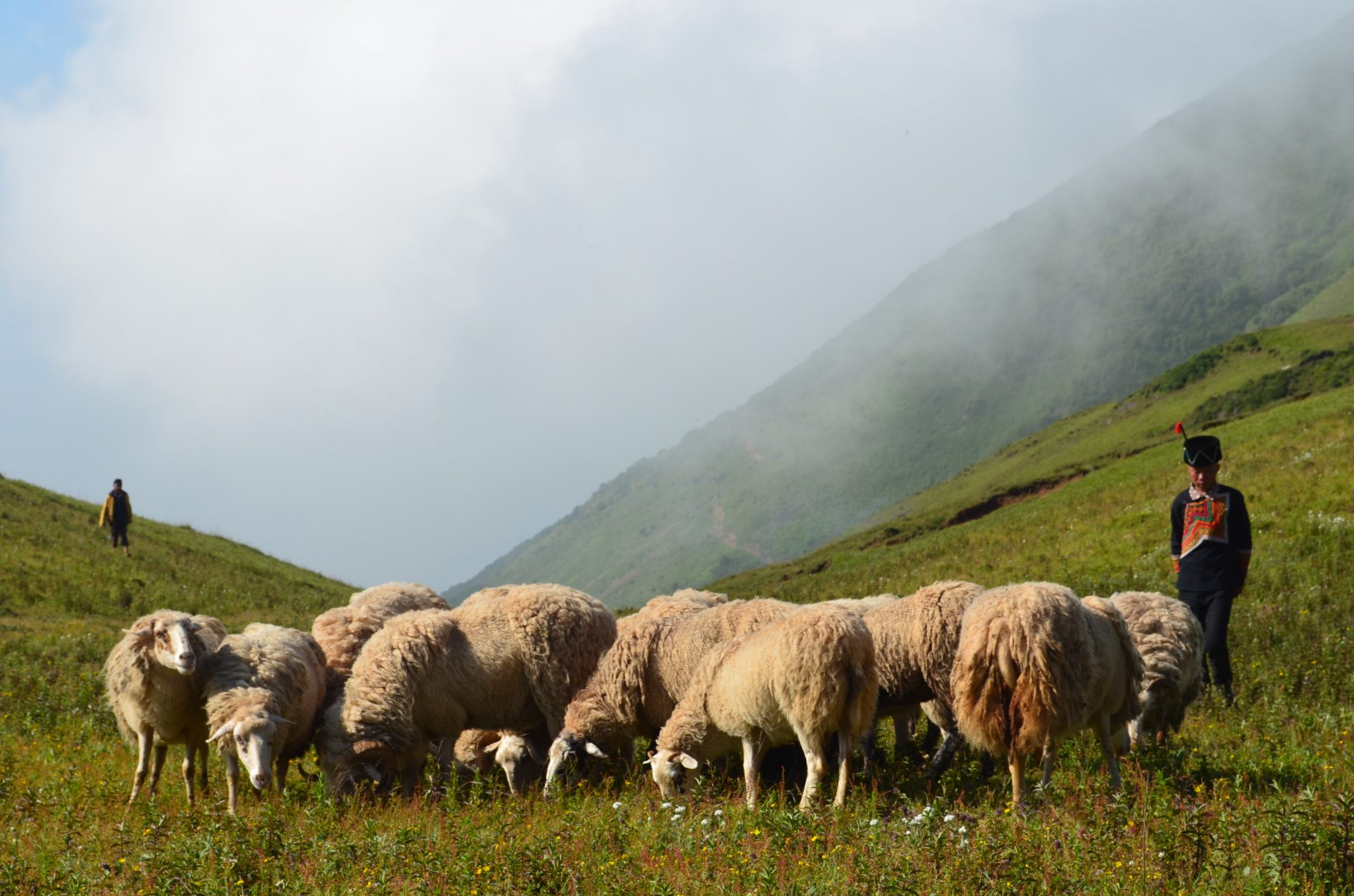Imagine a society without fathers; without marriage (or divorce); one in which nuclear families don’t exist. Grandmother sits at the head of the table; her sons and daughters live with her, along with the children of those daughters, following the maternal bloodline. Men are little more than studs, sperm donors who inseminate women but have, more often than not, little involvement in their children’s upbringing.
This progressive, feminist world – or anachronistic matriarchy, as skewed as any patriarchal society, depending on your viewpoint – exists in a lush valley in Yunnan, south-west China, in the far eastern foothills of the Himalayas. An ancient tribal community of Tibetan buddhists called Mosuo, they live in a surprisingly modern way: women are treated as equal, if not superior, to men; both have as many, or as few, partners as they like, free from judgment; and extended families bring up the children and care for the elderly. But are the women really in control? And how are men fairing under their rule? Broadly correspondent Milène Larsson spent a week in Lugu Lake with three generations of Mosuo women to find out what life is like in one of the world’s last matriarchies.
